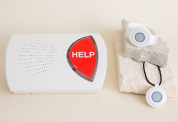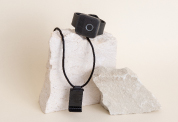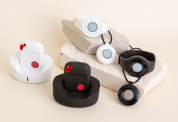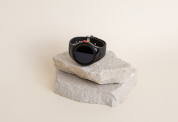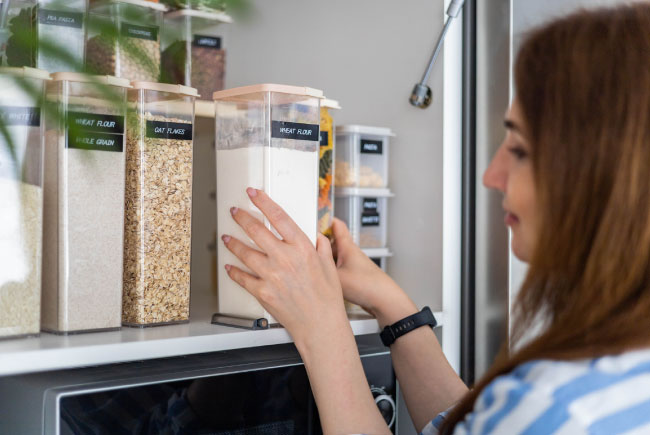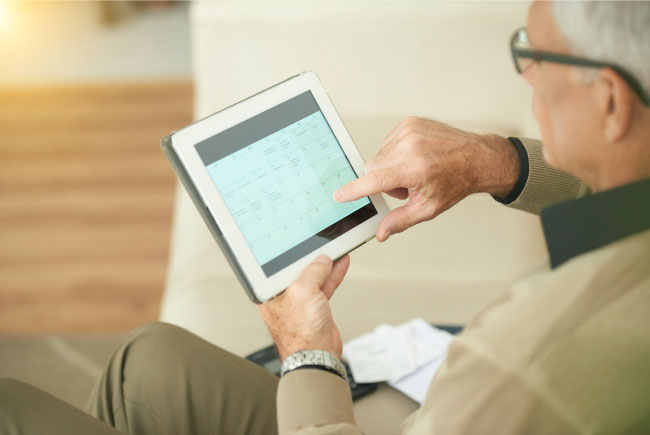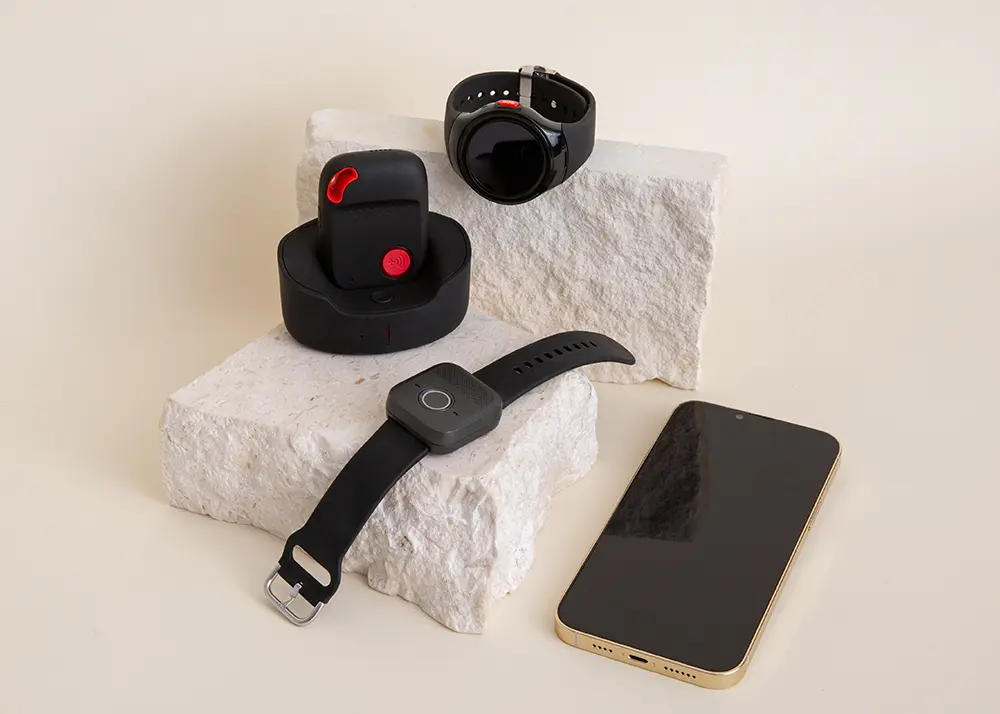Home Adjustments for Someone Just Diagnosed with Dementia
January 29, 2024
Home Adjustments for Someone Just Diagnosed with Dementia
A diagnosis of Alzheimer’s disease or another type of dementia brings many emotions for both the senior and their loved one, including anxiety related to what the future holds and what to do to enhance independence and safety as the disease progresses. Thanks to early awareness and early diagnosis, seniors today are getting diagnosed with dementia in the very early stages of the disease, which means they can be an active part of planning for the future and adjusting their home to age in place for as long as safely possible. Seniors diagnosed early can also work with family members to determine what is causing stress and anxiety around the home, so that family members can begin to look for solutions.
You can make some adjustments to your loved one’s home to meet the goals of enhancing independence and increasing safety, especially in the early stages of the disease. Here are a few adjustments to consider as you begin to plan for the future.
Virtual Assistant
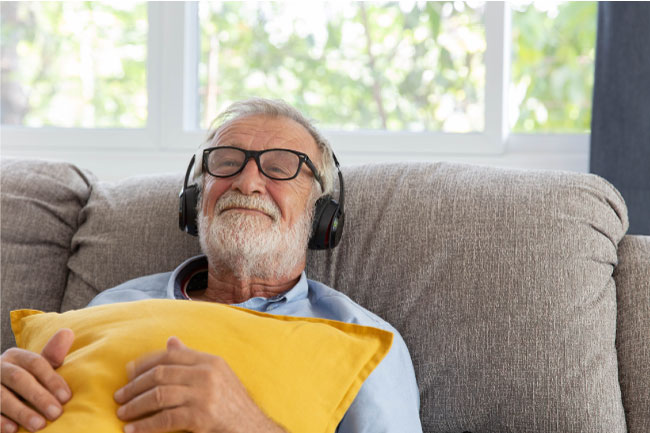
When your loved one is in the early stage of dementia, they will still be able to operate technology. Leverage this in order to decrease some anxiety and stress for them by setting up a virtual assistant in their bedroom, kitchen, or living room. Devices like an Amazon Alexa or Google Home are designed to operate with verbal commands and you can utilize them in a variety of ways:
- Set alarms to go off when it is time to take medications
- Use the device to pair with smart plugs to set routines to turn off lights and turn on nightlights with a command like, “Alexa, good night.” Turn on lights and shut off nightlights with a good morning command. Set these routines up in the app and change them as your loved one’s needs or abilities change.
- Your loved one can play their favorite music as well as play games like trivia, which can boost cognition.
- They can call you with a verbal command of “Hey Google, call Donna.” Just be sure names and phone numbers are correct and synched with the device.
- Play audiobooks, stopping and picking up where they left off each time.
- Set reminders for tasks like making meals, calling a loved one, or other tasks that might go forgotten.
Enhance Lighting Around the Home
Poor lighting in homes can increase the risk of falling for any senior. However, poor lighting in a home of a senior living with dementia can be even more dangerous for falling, confusion, and anxiety. Ensure you have put in motion-activated night lights to illuminate the home at night, especially from the bedroom to the bathroom. Add extra lighting in stairwells, pantries, and other dark corners of the home.
Natural light is also crucial not only for fall prevention, but also to reinforce daily rhythms and cues for sleep or waking. Be sure your loved one can easily and safely open and close blinds throughout the home, especially in the bedroom and living room.
Labels and Signs
If your loved one is overwhelmed with remembering where to put certain items or when to perform certain tasks, consider using labels and signs throughout the home. For those in the early stage of the disease, you might put up laminated signs in the living room or kitchen with a to-do list they can check off with a dry-erase marker and then wipe off each night so they can start again. Tasks might include taking medications, making coffee, calling my daughter, etc.
Other signs to consider making and displaying are emergency contact phone numbers, affirmations and encouragement, and meal plans. Don’t add all of these signs at once; instead, see what is stressing out your loved one and see if you can make a sign to help them when they are feeling worried.
For those living in the middle stages of the disease, you can label the home with signs. A bathroom sign hanging on the bathroom door, for example, can be a visual cue that will help them find where they are going.
Medication Dispenser
While a pill box can be a good idea for those living without cognitive decline, the risk of medication errors increases when dementia is involved. If you are available to stop by and cue medications for your loved one, keep those medications in a locked drawer until you arrive. If you are not available to stop by during medication times, an automatic pill dispenser can be an excellent alternative.
The Hero, for example, notifies the person it is time to take medication with an alarm. Then, it dispenses the correct medicine in the correct dose into a pill cup. If the person doesn’t take the medications, the system can alert a caregiver for follow-up.
Clocks and Calendars
Orientation to time and place is still solid throughout the early stage of dementia. However, your loved one might find themselves feeling anxious about missing something or thinking they should be somewhere. When possible, use an eCalendar display that lets them know what events they have coming up. You can also add a to-do list to each day that they can check off as they complete the tasks.
If an eCalendar isn’t effective for your loved one, focus on finding a clock that includes an LCD display for the time, as well as the month and day. Showing the day’s weather is a bonus, and it can help to reorient a loved one in the early stage of the disease.
Medical Alert System

As your loved one continues to live at home alone or with support as their disease progresses, it is important to keep safety at the forefront of all decisions. You need your loved one to be able to reach someone in case of a fall or medical emergency. The right medical alert system can provide that peace of mind to you and your loved one.
Medical alert systems are unique and have different features. When possible, look for a system that not only has fall detection technology but also GPS tracking features. This way, you can be confident that someone will contact your loved one through their device if a potential fall is detected, and that you can find your loved one in case they wander, get lost, or are anxious and unable to tell you where they are.
Get more ideas about what to adjust in your loved one’s home by consulting with their physician. You can also share ideas in a caregiver support group that supports family caregivers of those living with dementia.
